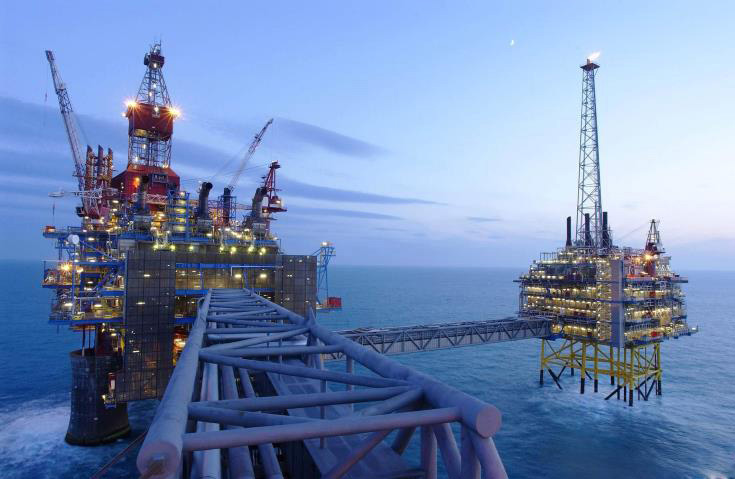A realistic scenario for when Cyprus can produce natural gas from the Aphrodite gas field is 2027, Energy Minister Natasa Pilides told MPs at the House finance committee on Friday.
Construction of the necessary infrastructure must be carried out as soon as possible and if Cyprus wishes to supply the EU with natural gas, this must be done by 2030 or else the opportunity will be lost, she added.
Presenting her ministry’s budget, she said discussions with Aphrodite’s licenced consortium were underway while President Nicos Anastasiades’ visit to Israel on November 9 may yield positive developments over the Yishai gas field demarcation dispute.
Pilides expressed the hope the progress achieved so far would not be overturned following the elections in Israel.
As far as the Aphrodite gas field is concerned, Pilides told committee members there were indications over a development plan, however the Republic wants to be cautious over what it approves.
The plan entails the interconnection between the infrastructure in Cyprus’ block with existing infrastructure and pipelines, so as to ensure positive arrangements and pricing that can serve Cyprus too.
Commenting on Cyprus’ infrastructure, Pilides added that the delivery schedule of the ship and the jetty according to the contractor is July 2023, however, there may be delays, so the completion of the project is expected around the end of 2023.
She noted every effort is being made to get ahead of schedule, however, the great unknown is what gas prices will be until then.
The minister said arrangements will be made so that non-liquefied natural gas can come either from the Cypriot fields, or from Energean and its fields in Israel, which intends to bring a pipeline to Cyprus and for the natural gas to come to much lower price.
Pilides stressed the importance of a dialogue with the EU energy commissioner, in connection with efforts to have Cyprus supply the bloc with natural gas. To that effect, discussions are ongoing to examine the possibility of speeding up Cyprus’ energy programme and creating common infrastructure.
There are huge investments and efforts required from companies active in Cyprus’ exclusive economic zone (EEZ) that need stability and long-term contracts, the minister said.
According to Pilides, the EU’s energy commissioner assured companies contracts would run until 2049 with EU countries, a feat which helps the sustainability of the investments.
Regarding the creation of a natural gas station in Cyprus, Pilides said this would lead to an increase in the region’s environmental footprint and would have implications for the European Emissions Trading System, leading to higher costs, which could be a deterrent for the Republic.
The most likely scenario is transporting natural gas to Egypt and having the floating LNG facility above the ENI/Total and Exxon Mobil fields, she told MPs.
Commenting on the budget, Pilides said her ministry has had to face an unprecedented crisis in connection to green growth, ensuring sufficient energy and containing spiraling prices.
The budget amounts to €151.3 million, marking a 20 per cent compared to 2022, largely due to the fact the ministry had to create a number of grants for green growth, price containments and business co-petitions.
Funds for developments are up by 40.5 per cent, amounting to €103.6 million, largely concerning exports, industry, digitalisation, hydrocarbons, gas infrastructure and electricity interconnection.







Click here to change your cookie preferences